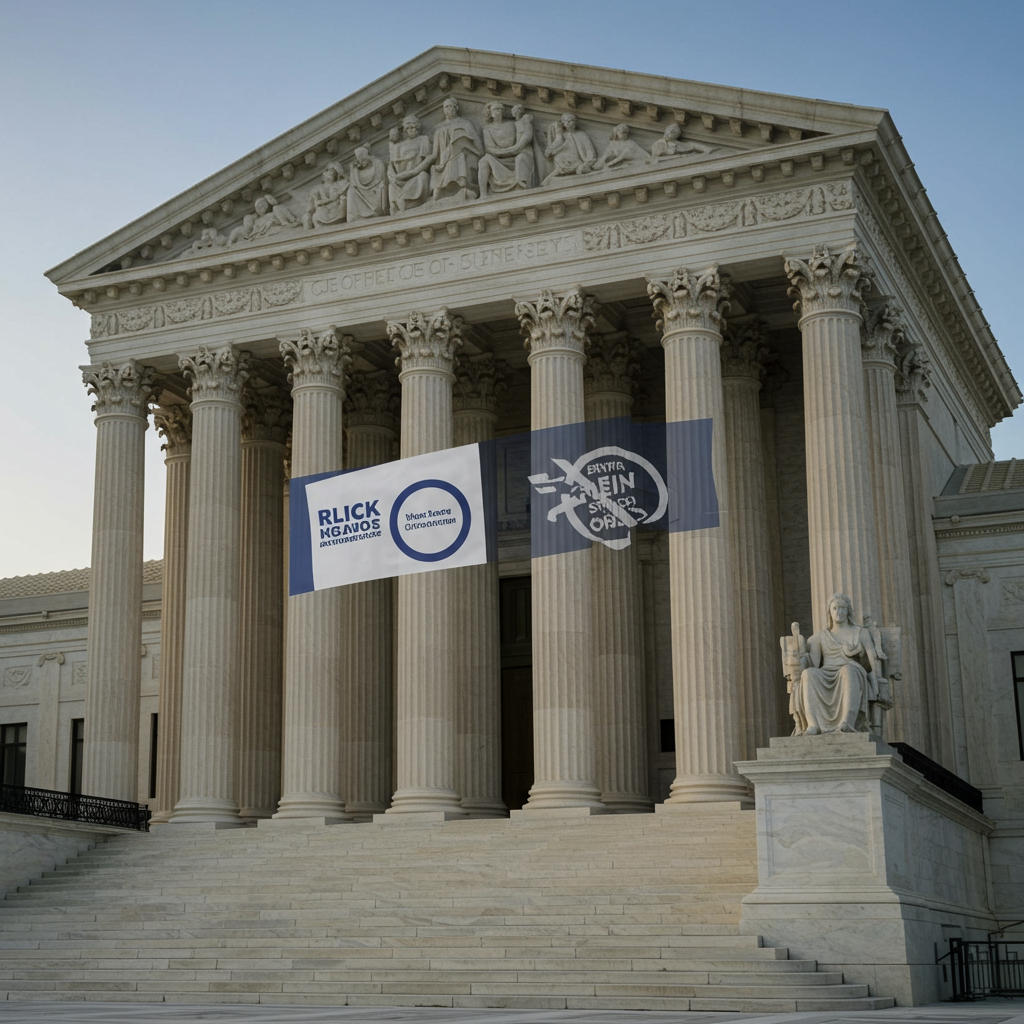Supreme Court Backs South Carolina Effort to Block Planned Parenthood Medicaid Funds
In a significant ruling impacting healthcare access and states’ ability to control funding for reproductive health providers, the U.S. Supreme Court sided with South Carolina on Thursday, June 26, 2025. The 6-3 decision boosts the state’s long-running effort to prevent Planned Parenthood from receiving funds through the federal-state Medicaid program.
The core of the dispute centered on whether individual patients enrolled in Medicaid have the legal right to sue states to enforce their ability to choose their preferred medical provider, specifically Planned Parenthood in this case. The Court, split along ideological lines with conservative justices in the majority, held that the federal law in question does not grant Medicaid patients the standing to file such private lawsuits against states.
Justice Neil Gorsuch, writing for the majority in the case known as Medina v. Planned Parenthood South Atlantic, stated that while Congress could provide clear notice for private suits regarding provider choice, “that is not the law we have.” He suggested that allowing private enforcement actions could force governments to divert funds from public services to litigation, implying that alternative avenues, such as the federal government withholding funds or providers challenging rejection through state administrative processes, are the appropriate routes.
Years of State Effort Culminate at the High Court
This ruling marks a victory for South Carolina Governor Henry McMaster, a Republican, who issued an executive order in 2018 aiming to deem abortion providers, including Planned Parenthood South Atlantic, unqualified for Medicaid family planning services. The state subsequently moved to cancel Planned Parenthood’s provider agreements. While federal funding for abortion is already largely restricted, conservative opponents argue that any funding for Planned Parenthood, even for non-abortion services like contraception, cancer screenings, and STI testing, effectively supports the organization’s broader agenda favoring abortion rights.
Governor McMaster hailed the decision, stating, “Seven years ago, we took a stand to protect the sanctity of life and defend South Carolina’s authority and values — and today, we are finally victorious.” Eighteen other states supported South Carolina’s position in the case. John Bursch, a lawyer for the conservative Christian group Alliance Defending Freedom, who argued on behalf of the state, contended that states should be free to fund “real, comprehensive care” while excluding organizations like Planned Parenthood.
The Patient’s Right to Choose: The Heart of the Legal Battle
The legal challenge was brought by Planned Parenthood South Atlantic and Julie Edwards, a Medicaid-eligible patient who preferred Planned Parenthood for her reproductive health care. Edwards highlighted the organization’s non-judgmental approach and difficulties finding other providers who accept Medicaid. They argued that an 1871 federal civil rights law allowed them to sue the state to enforce the Medicaid Act’s “any-qualified-provider” provision, which aims to ensure patients can get care from their chosen provider.
Lower courts initially favored Planned Parenthood and Edwards, with a federal judge ruling they likely had the right to sue and finding a probable violation of the provider-choice rule. The 4th U.S. Circuit Court of Appeals upheld this, allowing the lawsuit to proceed and blocking South Carolina’s exclusion of Planned Parenthood from Medicaid while the case continued. The case reached the Supreme Court after prior legal maneuvering, including being sent back to lower courts for reconsideration following a separate ruling clarifying when federal laws unambiguously confer a private right to sue.
Dissenters Warn of Harm to Civil Rights and Patients
The three liberal justices dissented vigorously. Justice Ketanji Brown Jackson, writing for the dissenters, argued that the majority’s decision weakens landmark civil rights protections and is likely to cause “tangible harm to real people.” She contended that the ruling strips Medicaid recipients in South Carolina of their primary means of enforcing their right to choose a provider, disregarding Congress’s intent and depriving them of the “deeply personal freedom” to decide who treats them. Jackson stated that the court acceded to South Carolina’s request to “hollow out” the provision to evade liability for violating patients’ rights.
Implications and Reactions
The Supreme Court’s decision is expected to empower other Republican-led states with similar goals to restrict Planned Parenthood’s access to Medicaid funding by preventing individual patients from challenging such actions in court under the federal law at issue. This ruling came in the context of the post-Roe v. Wade landscape, where states have increased authority over abortion access; South Carolina currently enforces a six-week abortion ban.
Planned Parenthood condemned the ruling. Paige Johnson, president and CEO of Planned Parenthood South Atlantic, called it a “grave injustice” that undermines American freedom and threatens to deepen a health care crisis in the state. Nationally, nearly half of Planned Parenthood’s patients rely on Medicaid for care, and the organization warns that broader restrictions could lead to clinic closures, impacting access to essential services like contraception, cancer screenings, and STI testing, especially in areas with limited healthcare options. Health groups have argued that Planned Parenthood fills crucial gaps in care in South Carolina, where many counties lack adequate services and are considered “contraceptive deserts.”
Despite the legal setback, Planned Parenthood officials stated they are exploring all options to continue serving patients, including those on Medicaid, but acknowledged potential financial struggles. Planned Parenthood facilities in Charleston and Columbia continue to provide care, including abortion services compliant with state law and other vital health services.
Conversely, the White House applauded the decision, viewing it as a victory for state control over abortion policy and reiterating the stance that taxpayers should not fund elective abortions.



